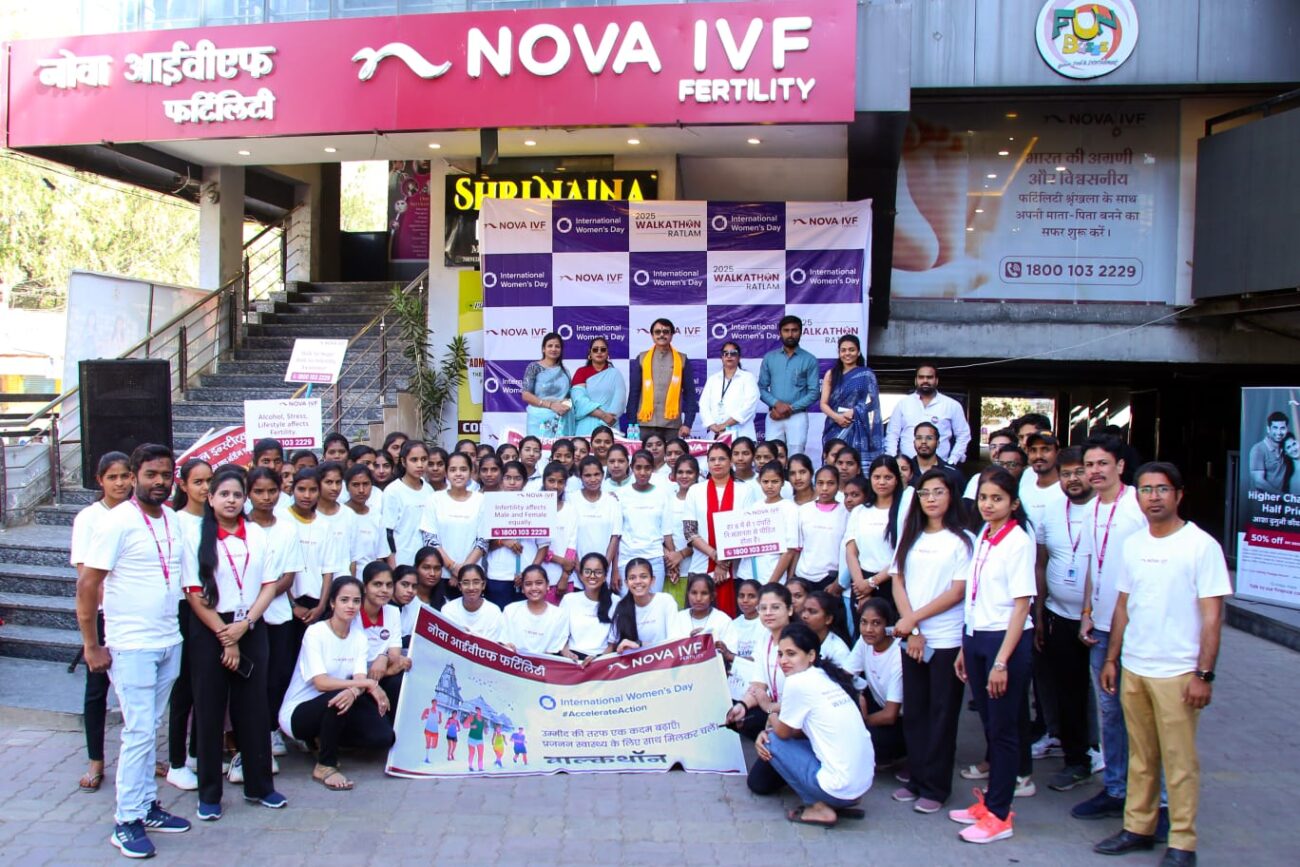Experts say that the newest Omicron BA.2 will not cause another COVID19 surge
~ Authored by Dr Chandrashekhar T, Director- Critical Care, Fortis Hiranandani Hospital Vashi ~ It's still too early to predict whether the rapid spread of Omicron and its variant will help push Coronavirus from the pandemic
~ Authored by Dr Chandrashekhar T, Director- Critical Care, Fortis Hiranandani Hospital Vashi ~
It’s still too early to predict whether the rapid spread of Omicron and its variant will help push Coronavirus from the pandemic phase to a more manageable endemic stage. An endemic disease has a constant presence in a population but does not affect an alarmingly large number of people or disrupt society, as typically seen in a pandemic.
Over the past few weeks, another sub-variant of the Omicron has emerged in various places around the globe. While experts at the World Health Organisation (WHO) have said that it is on the rise, new lab experiments from Japan show that BA.2 Omicron sub-variant may have features that make it capable of causing severe illness as older variants of COVID19, including Delta, reported a global news agency. The study is yet to be peer-reviewed, though.
WHAT IS THE OMICRON SUB-VARIANT? Every virus mutates at one point or the other, and mutation is why new variants of a virus are formed. Sometimes as the virus mutates into variants, it branches off or splits into sub-variants or sub-lineages. As per reports, the Delta variant of Coronavirus has more than 200 different sub-variants. Currently, the Omicron variant has BA.1, BA.2, BA.3, and B.1.1.529 sub-variants, of which the BA.1 was dominant a few months before, and scientists have recently warned about the BA.2 sub-variant.
Researchers think that a large part of the reason Omicron quickly replaced the Delta variant is its ability to infect and spread among people who had been immune to Delta. So, one possibility for BA. 2’s rise is that it’s even better than BA.1 at overcoming immunity — potentially including the protection gained from a BA.1 infection. The Omicron BA.2 has spread faster in countries like Denmark, the Philippines, and South Africa. Preliminary research studies have shown that the BA.2 sub-variant can overcome immunity from vaccination and dodge the body’s immunity developed through the previous infection with earlier variants.
WHY IS THE OMICRON VARIANT SO TRANSMISSIBLE? A research study conducted by Denmark’s SSI has found that BA.2 is substantially more transmissible than the BA.1 sub-variant. This study included 8,500 households and 18,000 individuals. A similarity in both the sub-variants was also detected by David Ho. Columbia University, where a study says that both these sub-variants are similarly efficient in resisting neutralizing antibodies in people who had been previously infected or vaccinated. Omicron sub-variant BA.1 was notorious for being the super spreader and had the highest transmission rate of all its ancestors. The other sub-variant, BA.2, is also said to have the same property and is expected to be excellent in overcoming immunity; hence researchers expect it to be a super spreader very soon.
On February 17, experts at the WHO had said BA.2 to be more transmissible than others. The experts had said that while monitoring the situation, there is still no evidence that the BA.2 sub-variant is more lethal than BA.1.
IF WE CAN STILL GET INFECTED, WHY GET VACCINATED? Multiple drug administration authorities have tested COVID19 vaccines in the world. They are proven to be effective in reducing your probability of contracting COVID19. Once you are vaccinated, your body is better prepared to shield off more viruses by making your immune system stronger. Many people think that Many people believe, as rightly reported, that vaccination helps in reducing chances of developing severe COVID19. It also reduces likelihood of hospitalization and substantial reduction in chances of developing life threatening disease.
Vaccinated people can effectively stop the pandemic. The more infected people in a population, the higher the prevalence level of the virus and increased risk for everyone. Unvaccinated individuals contribute to the number of people who can get sick and provide a host for COVID19 to replicate and create more variants. The more the virus spreads, the greater risk of mutation that could be more dangerous for everyone involved. Getting vaccinated is not only for yourself but for your family, your community, and future generations.






